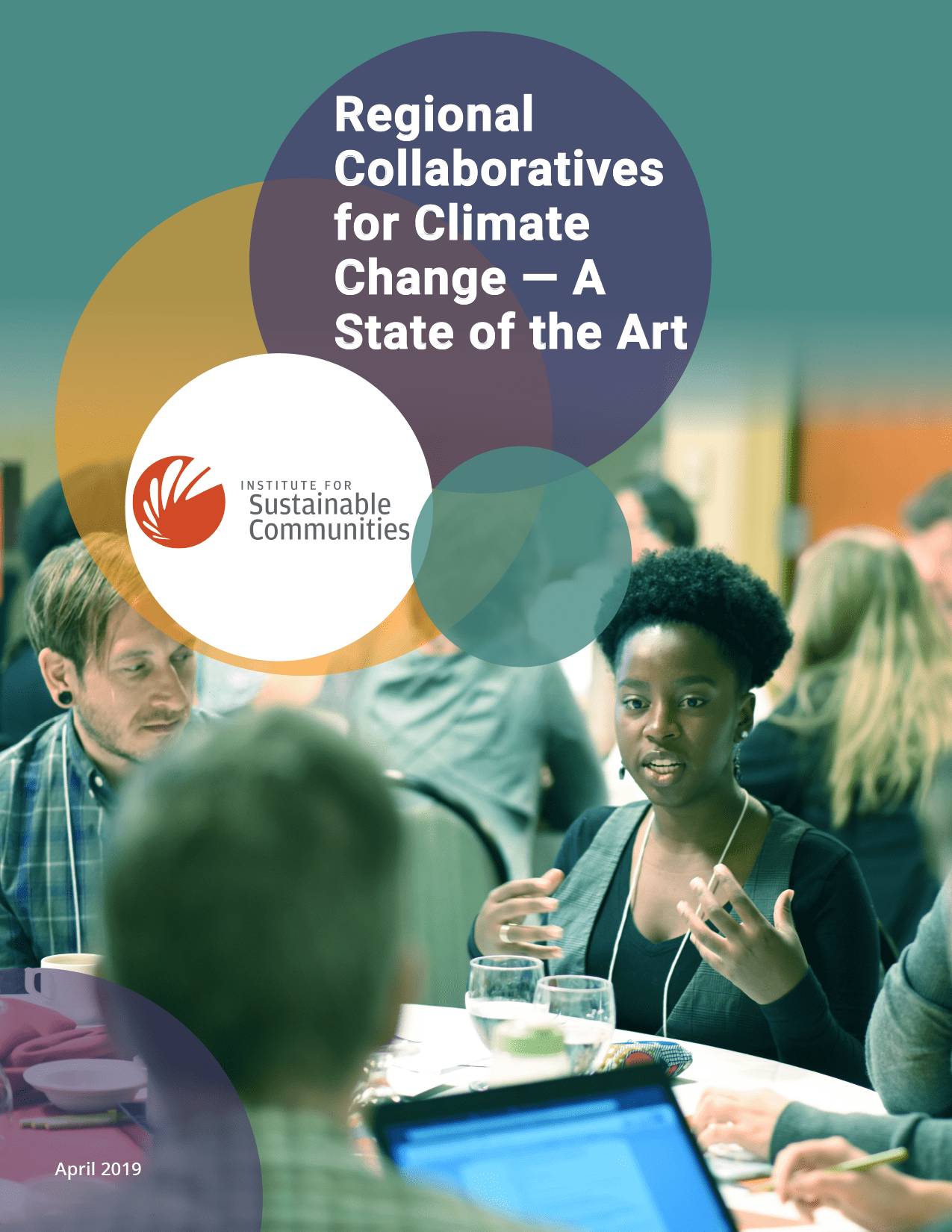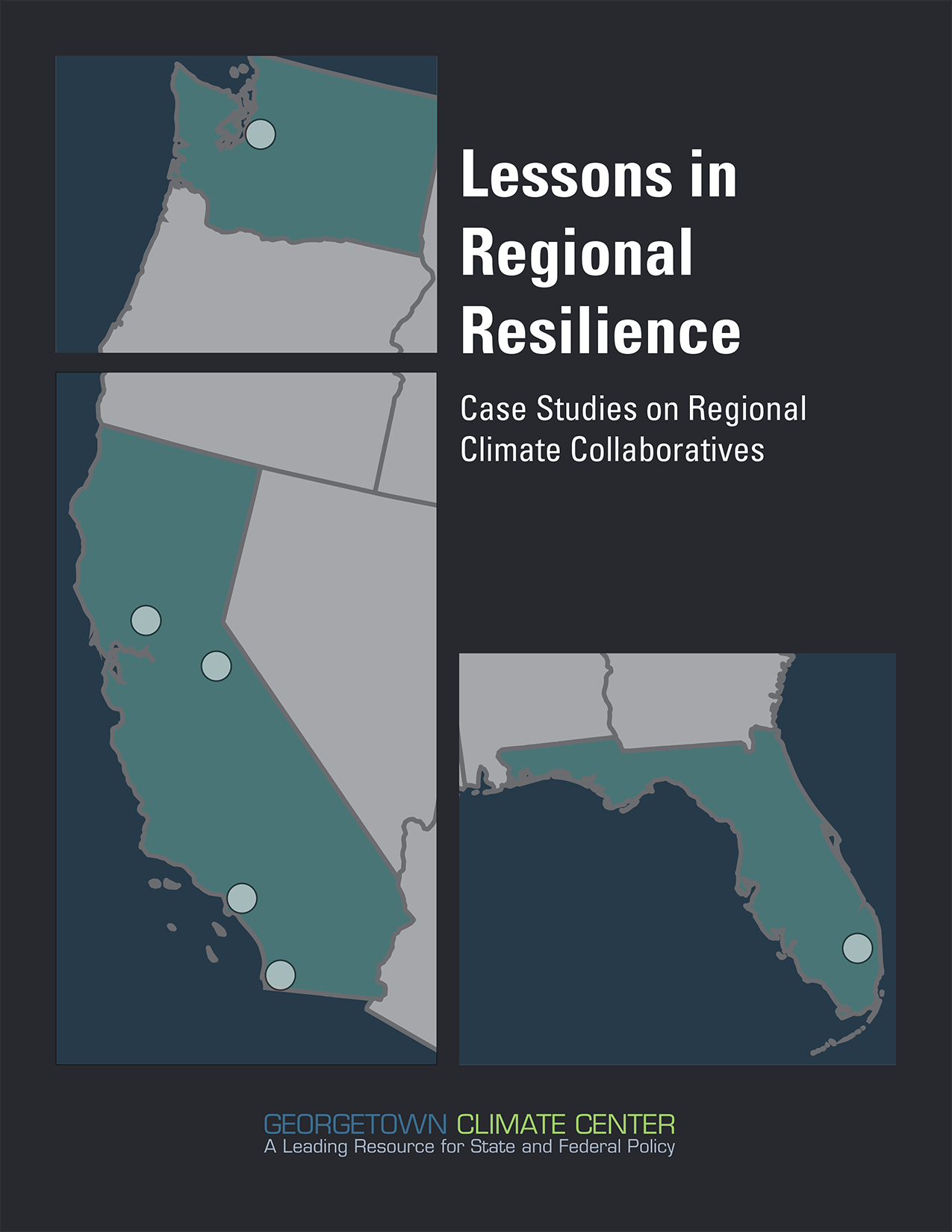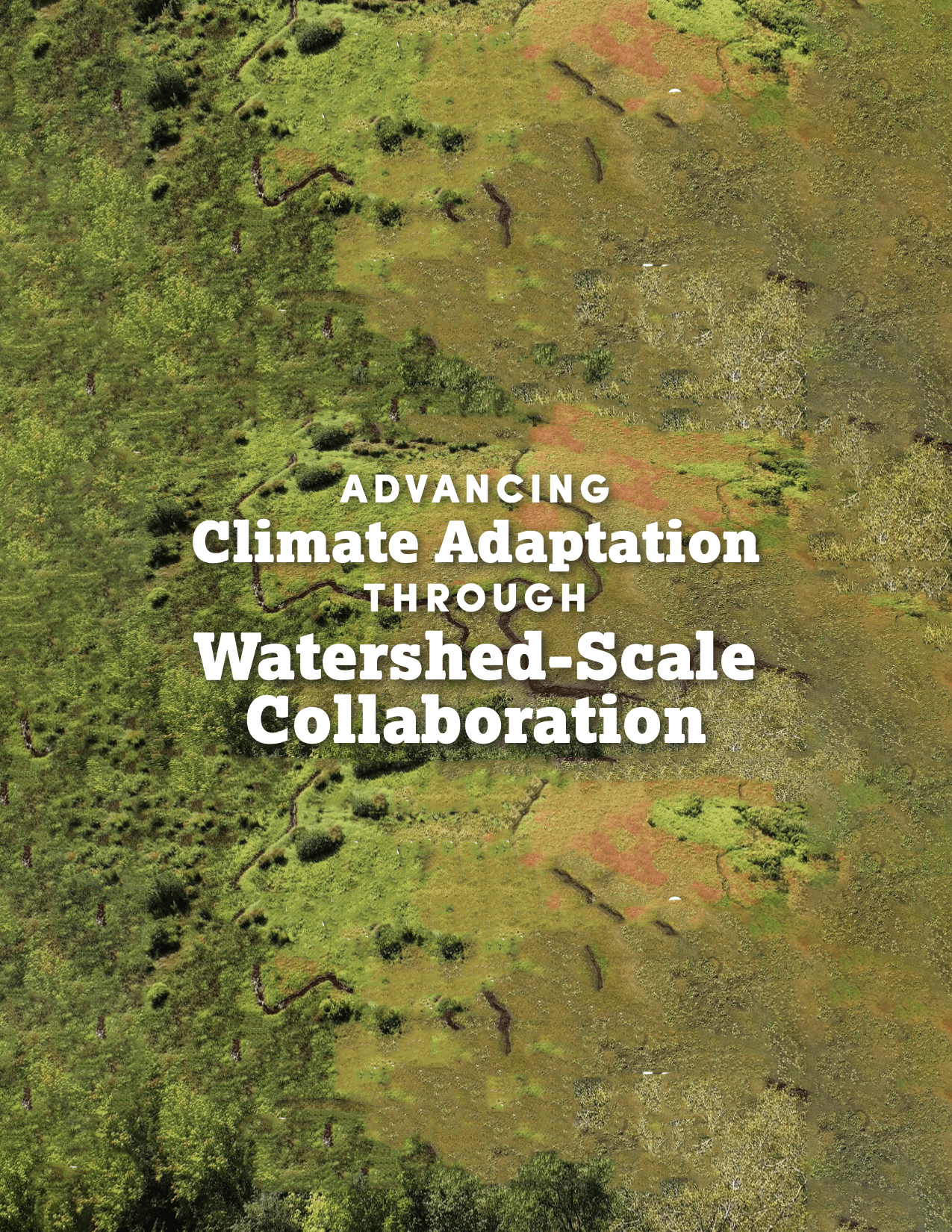Watershed-Scale Climate Collaboratives
Supporting watershed scale collaboratives for climate resilience in Massachusetts
Local governments have the authority to implement adaptation strategies, but they are also finding that they cannot address the challenges on their own. Climate stressors and their impacts cross political boundaries. For example, stormwater runoff originating in one municipality may cause flooding in an adjacent municipality.
Major Watersheds of Massachusetts
Planning for climate resilience at the watershed scale: the role of watershed-based collaboratives
The Global Lab has collaborated in knowledge-for-action research with watershed-scale climate resilience collaboratives in Massachusetts. Currently, there are ## watershed-based climate collaboratives around the state, and the number is growing.
We collaborated with the Massachusetts Ecosystem Climate Adaptation Network to create two informational videos for its Watershed-Scale Climate Collaboration Toolkit. The toolkit showcases stories from watershed-scale collaboratives in Massachusetts and to inspire and support their work moving forward.
Stories From Watershed Collaboratives Across Massachusetts
Collaborating at the Watershed Scale to Tackle Climate Change
The role of regional watershed associations to advance municipal capacity and climate resilience:
A tale of two watershed associations in Massachusetts
The Mystic River Watershed Association (MyRWA) and the Neponset River Watershed Association (NepRWA) are regional non-profit organizations that work closely with Greater Boston municipalities on stormwater quality, habitat restoration, and climate resilience. Each organization was founded approximately 50 years ago and has similar staff sizes, advocacy approaches, and operating budgets. Each has developed lasting, high-trust working relationships with municipalities and other stakeholders in their respective regions. Each has led successful efforts to address stormwater quality and habitat restoration. This report explores the impact of dedicated regional watershed association staff capacity on municipalities’ effectiveness in accessing public funding to advance regional climate resilience.
Additional Resources
To address the need for coordinated planning across municipalities, local governments, and stakeholders from the private and non-profit sectors have joined together in regional collaboratives. Their work, success, and challenges have been described in the following reports.
Regional Collaboratives for Climate Change
A State of the Art
Website
Lessons in Regional Resilience
Case Studies on Regional Climate Collaboratives
Report PDF
A toolkit website
Website
About the Author




